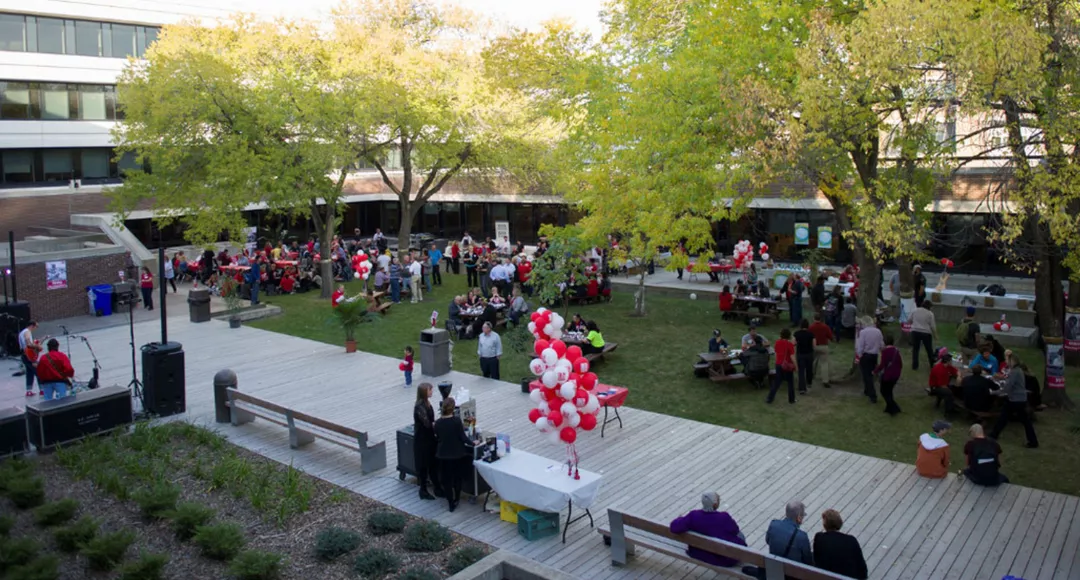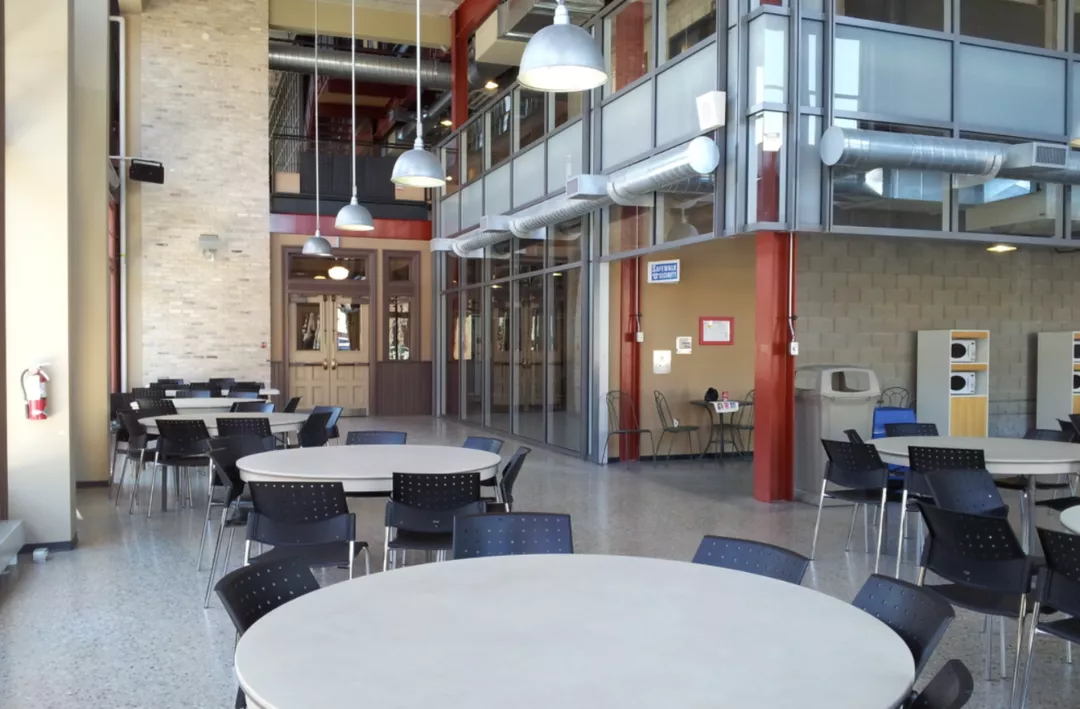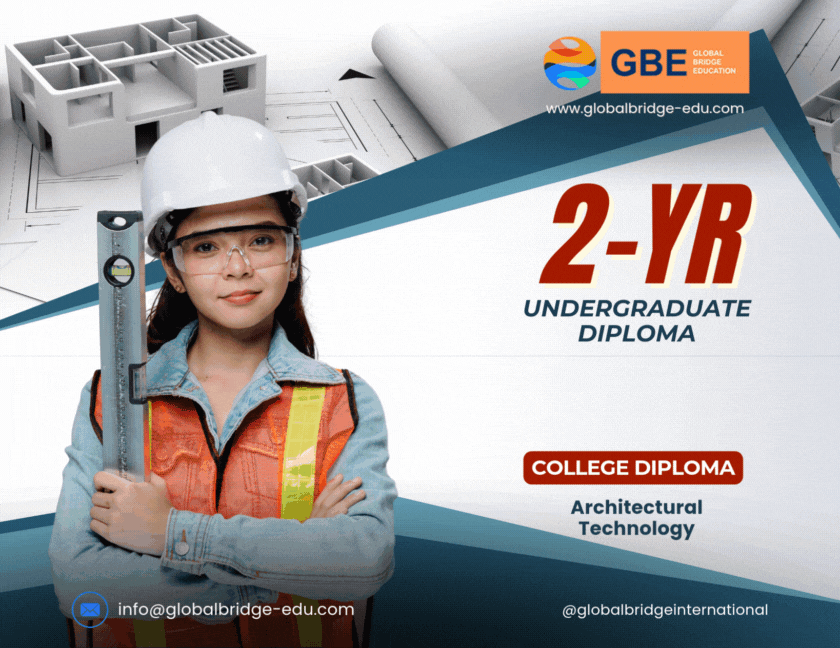




About
Red River College Polytechnic (RRC Polytech) is Manitoba’s largest institute of applied learning and research, with more than 200 full- and part-time degree, diploma and certificate options. Through hands-on learning opportunities and state-of-the-art instruction, Red River College Polytechnic prepares its students to become leaders in their fields — while also ensuring they can meet changing industry demands, and contribute to the province’s economic growth. Red River College Polytechnic trains the leaders of tomorrow in a wide range of fields from creative arts and business to skilled trades and transportation. With award-winning instructors, hands-on training and a diverse College population, Red River College Polytechnic is preparing students for success after graduation.
Red River College Polytechnic is Manitoba’s polytechnic — the only institute of applied research and work-integrated learning in the province, and one of only 13 polytechnics in Canada. At RRC Polytech, they combine classroom theory with work-integrated learning, giving students access to flexible learning pathways and real-world experience.
The Notre Dame Campus (NDC) is RRC Polytech’s largest campus and only a few short minutes from the Winnipeg International Airport. This location features efficient public transportation routes with transit buses that easily connect to the rest of the city. Large parking lots within the campus also allow students to drive and park safely. The Notre Dame Campus is home to RRC Polytech’s athletic teams, the Rebels.
Why Red River College Polytechnic - Notre Dame
- Campus: RRC Polytech’s Residence is located in one of Winnipeg’s most vibrant neighbourhoods – it is the perfect home away from home.
- Co-op Education: Students have the unique opportunity to apply their skills and engage in meaningful work outside of the classroom in a College-approved work placement.
- Graduate Success: A recent survey of grads showed 95% of those looking for work found employment.
- Athletics: RRC Polytech’s students can join a wide range of varsity sports, volleyball, basketball, soccer and futsal.
- Fitness Facilities: The College also has an on-campus fitness classes, massage therapy, personal fitness assessments and so much more.
- Diversity and Inclusion: RRC Polytech is dedicated to providing a respectful atmosphere that is diverse, inclusive and equitable to its students, staff and external partners. RRC Polytech’s diversity is one of its greatest strengths and their goal is to provide a barrier free environment for individuals to succeed in their academic, employment and research goals.
College Diploma - Architectural Technology
- Building Information Modelling
- Architectural detailing
- Building science
- Structural systems
- Codes and standards
- Project management
- Specifications and contract administration
- Green building and sustainability
College Diploma - Civil Engineering Technology - Structural Engineering Technology
This program offers conditional admissions
For conditional admission, instead of submitting language proficiency test scores, applicants may complete English courses prior to the academic program. The length of the English course is determined based on the applicant‘s level of English proficiency.
The program requirements above should only be used as a guide and do not guarantee admission into the program.





